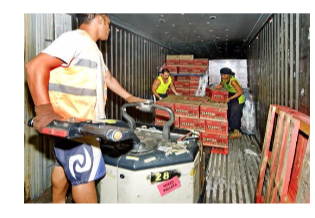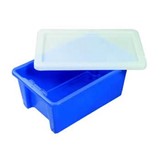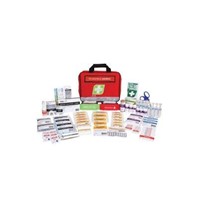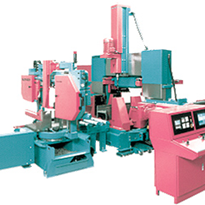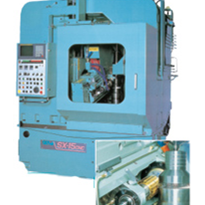If you can’t smell anything, it’s safe to unpack a container?
Many very toxic gases have no smell, even at dangerous levels.
If you leave the container doors open for an hour or two, the container becomes safe to enter?
- Safe Work requires min. 12 hours natural venting, compared with 30 minutes for forced venting
- Natural ventilation results depend on wind direction, packing density in the container, 40’ vs 20’ etc
- Container contents can be protected from weather, pilferage, reinfestation by locking on the forced vent unit
We’ve been unpacking containers for years, without problems...
- Safe Work did an extensive study proving there is a problem
- Health effects are cumulative, and may not show until years later
- There was a recent Methyl Bromide exposure insurance payout in the USA - $85 million
Aren’t the new regulations just “Guidelines” so not mandatory?
- If an incident occurs, these regulations will be referred to, and have the force of law
Only fumigated containers are at risk, right?
- Everyday commodities, not fumigated, often desorb dangerous gases eg shoes/toluene, furniture/formaldehyde etc
Won’t it slow down our operations, if we have to test for gas, and sometimes force ventilate?
- Containers can be risk profiled, so only a set % need to be tested. Forced venting is the fastest, safest solution. Major multinationals have incorporated this into major DC’s handling hundreds of containers per day
Types of gases that occur in containers include fumigants. Personal effects and many other products are often fumigated:
- Methyl Bromide – neurotoxin
- Phosphine – cardiovascular poison
- Ethylene Oxide – carcinogen & tissue destructor
Also containers that have not been fumigated, just loaded with general types of goods, have been found to contain toxic gas arising from the cargo:
- Formaldehyde – from Textiles, Clothing & Furniture: causes cancer
- Toluene – from Shoes: also causes cancer
- Dichloroethane – from Electronic Goods and Plastic Products: possible cancer risk
- Ammonia – from Rubber Products: poisonous
- Hydrogen Cyanide - from Rugs & Carpets – toxic poison
- Other Toxic Gases – from a wide variety of sources
Remember up to 20% of containers can pose a health risk to workers who unpack the containers.


